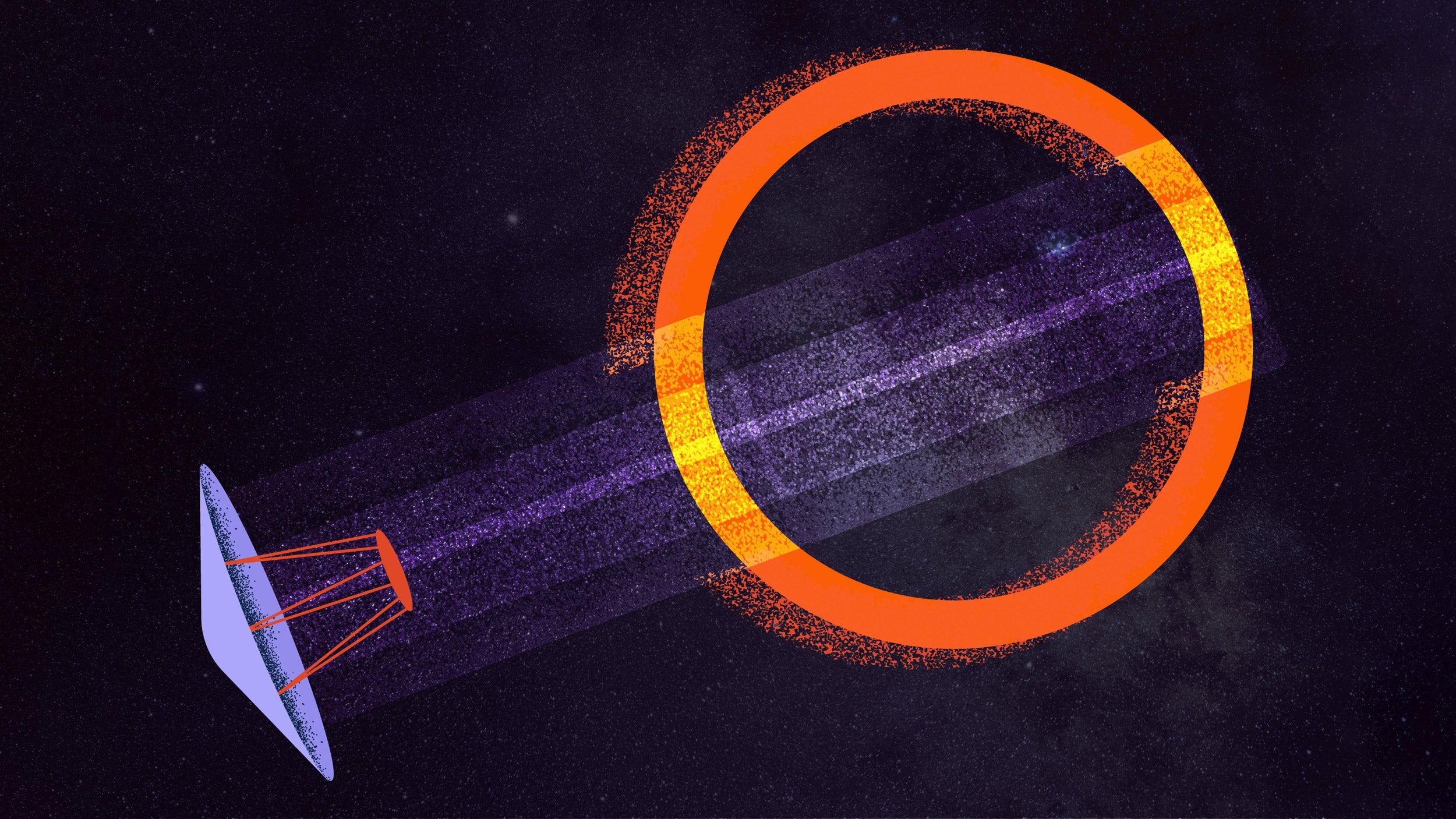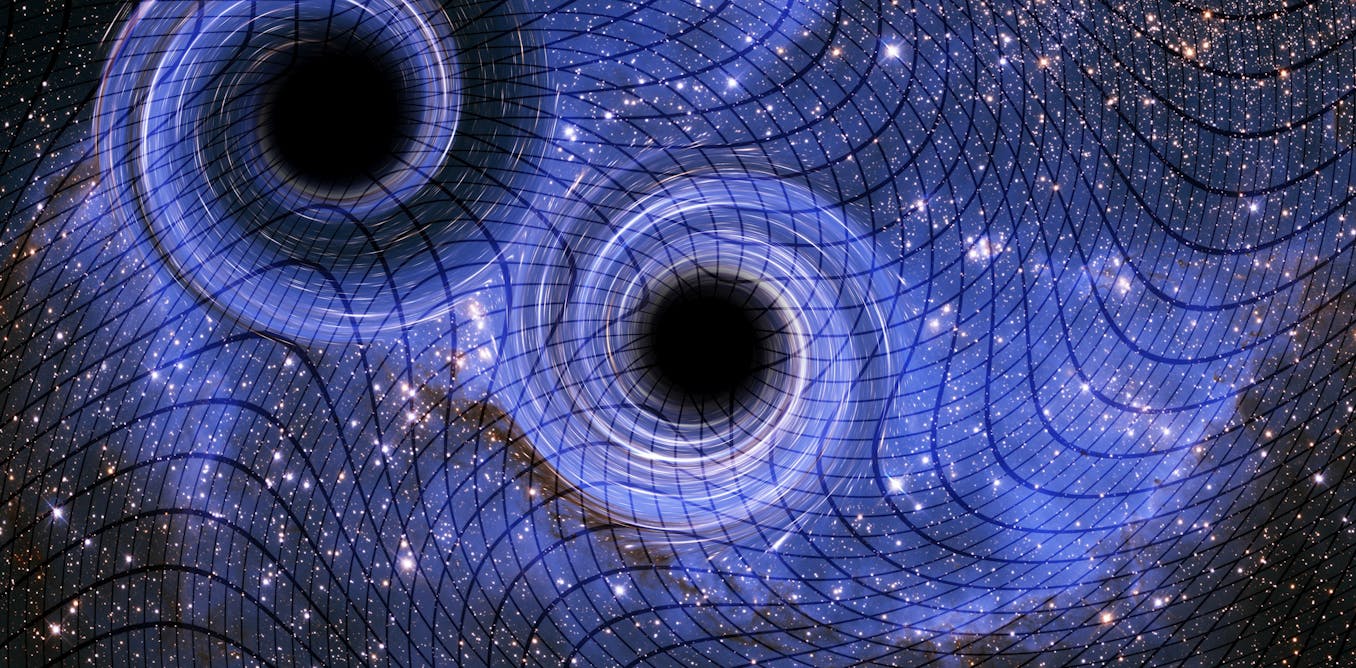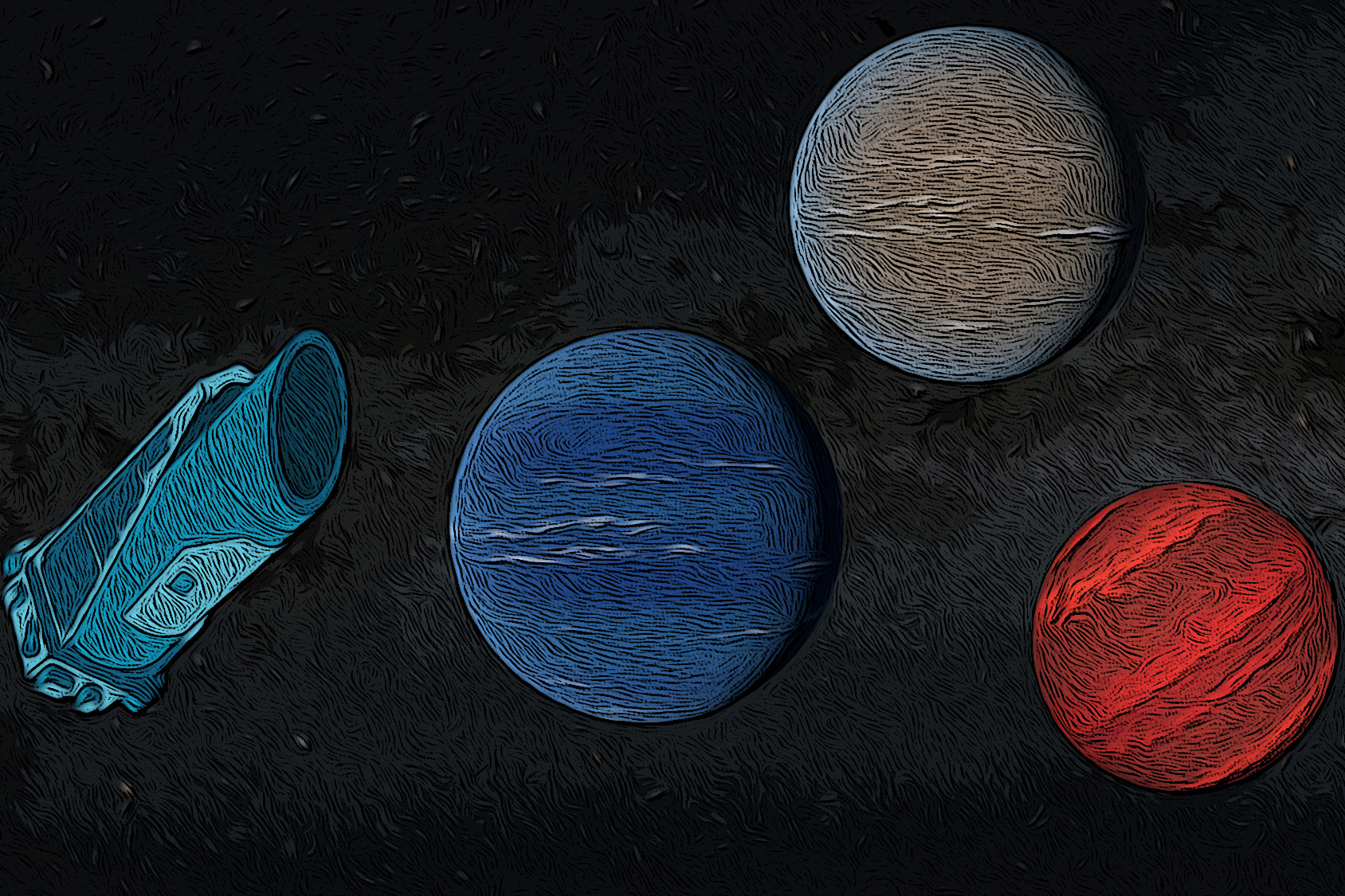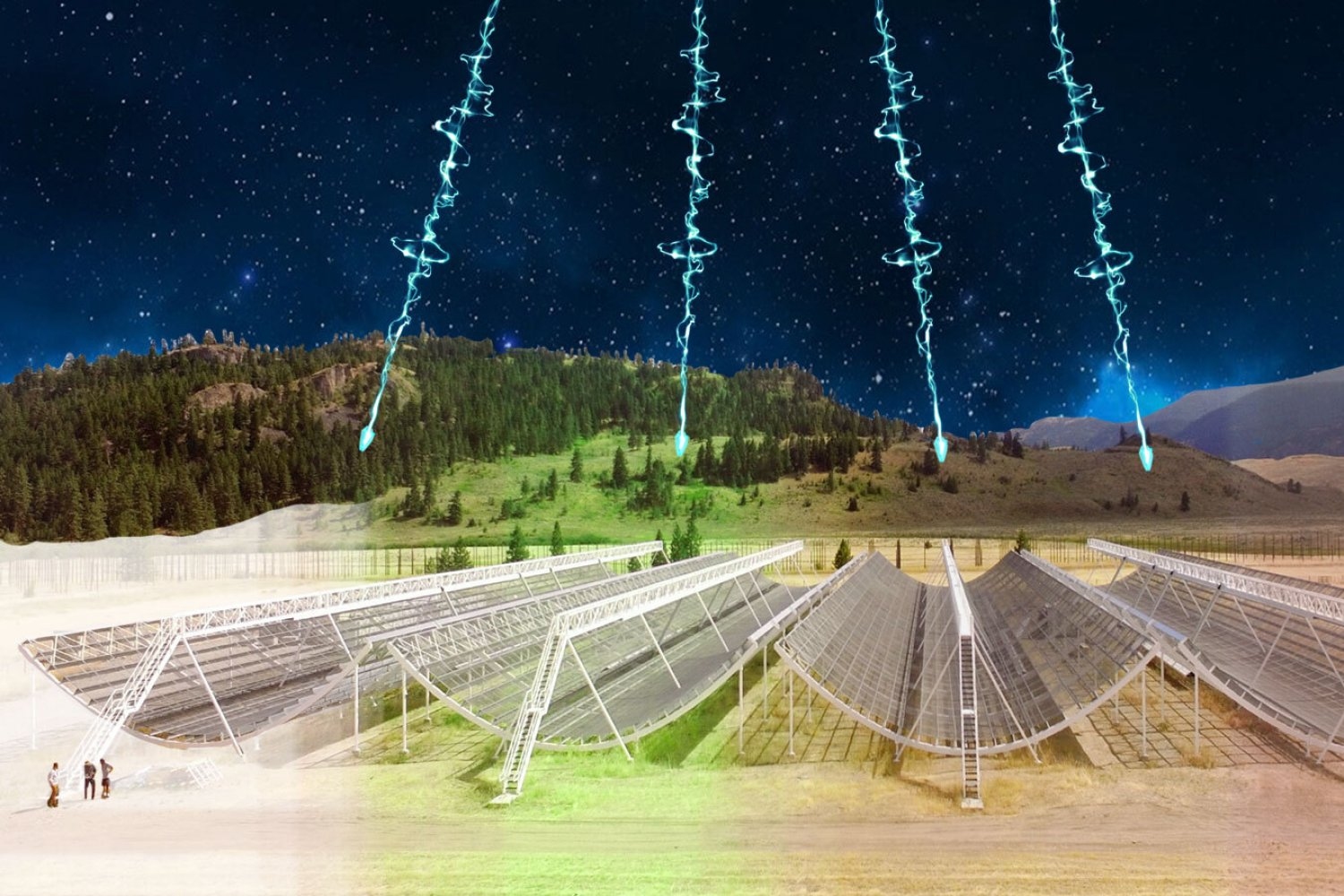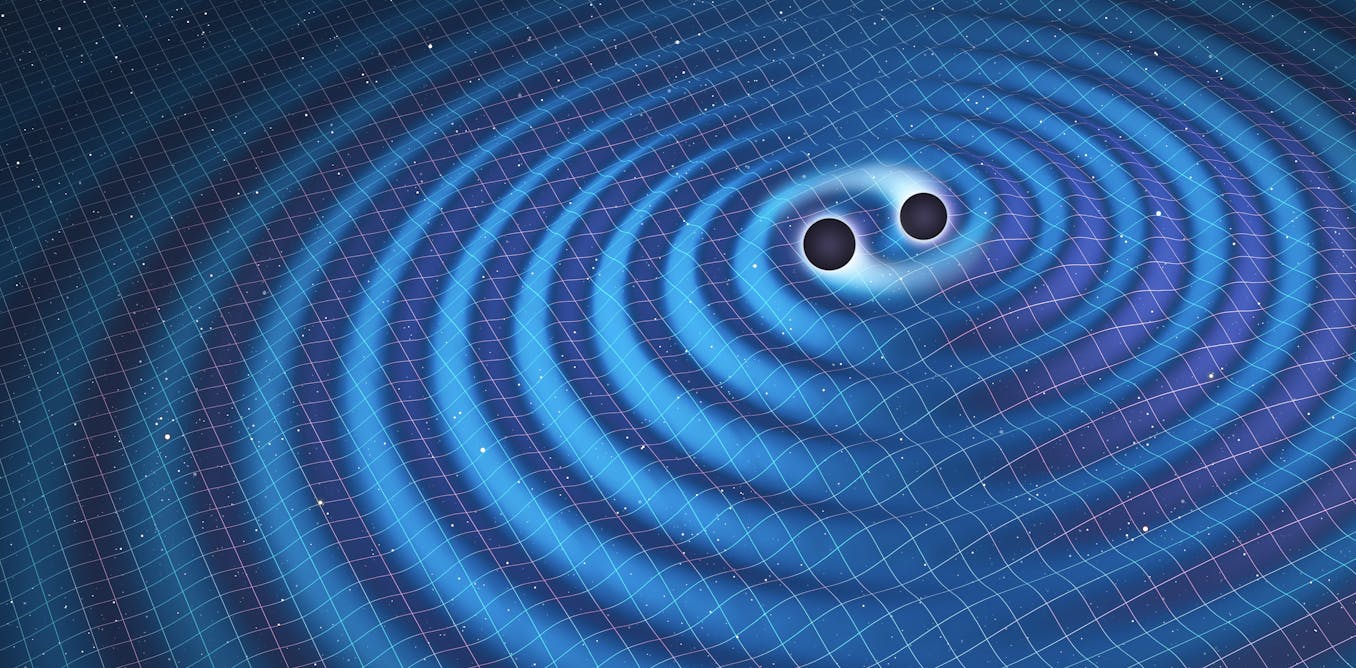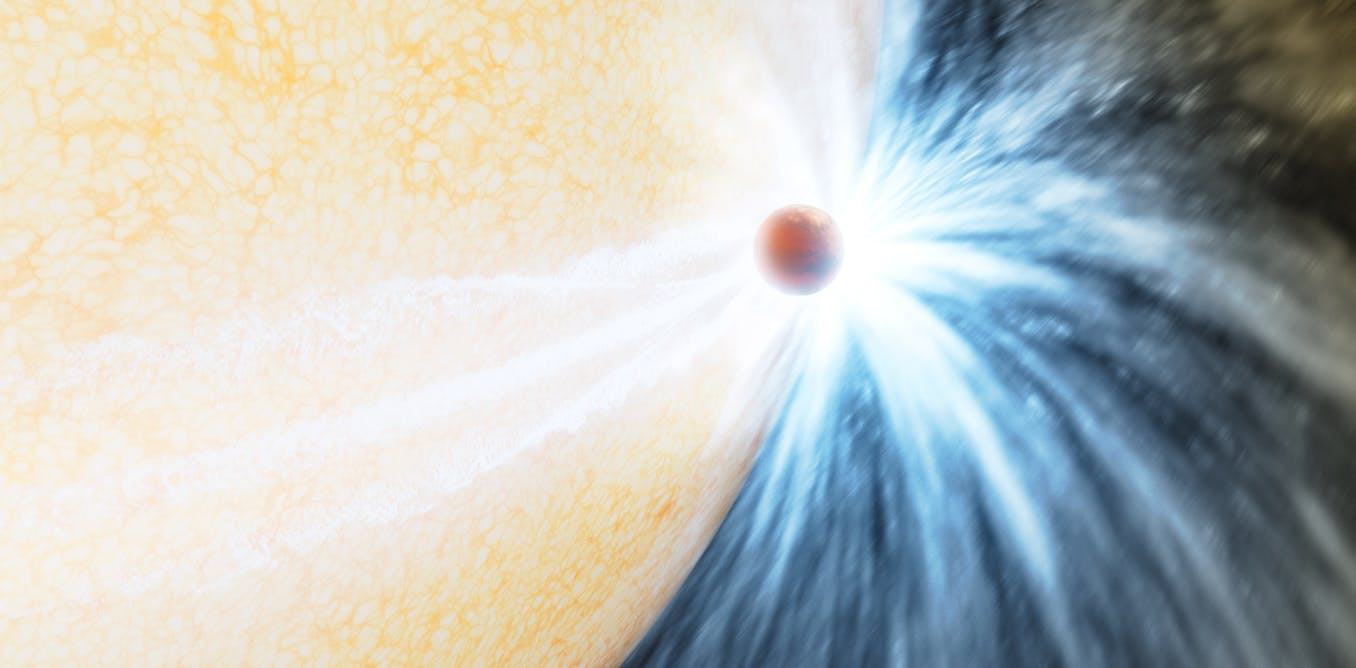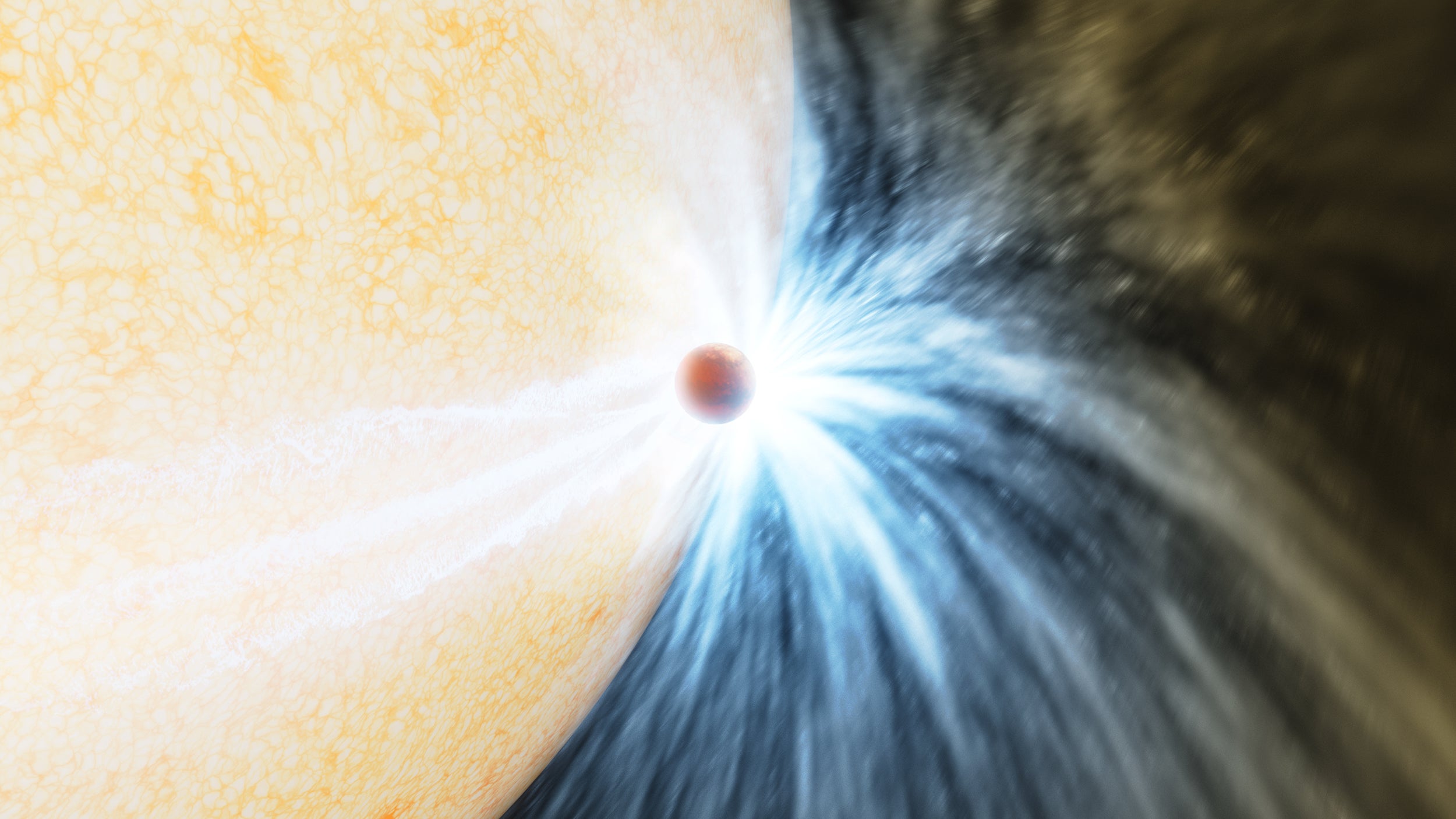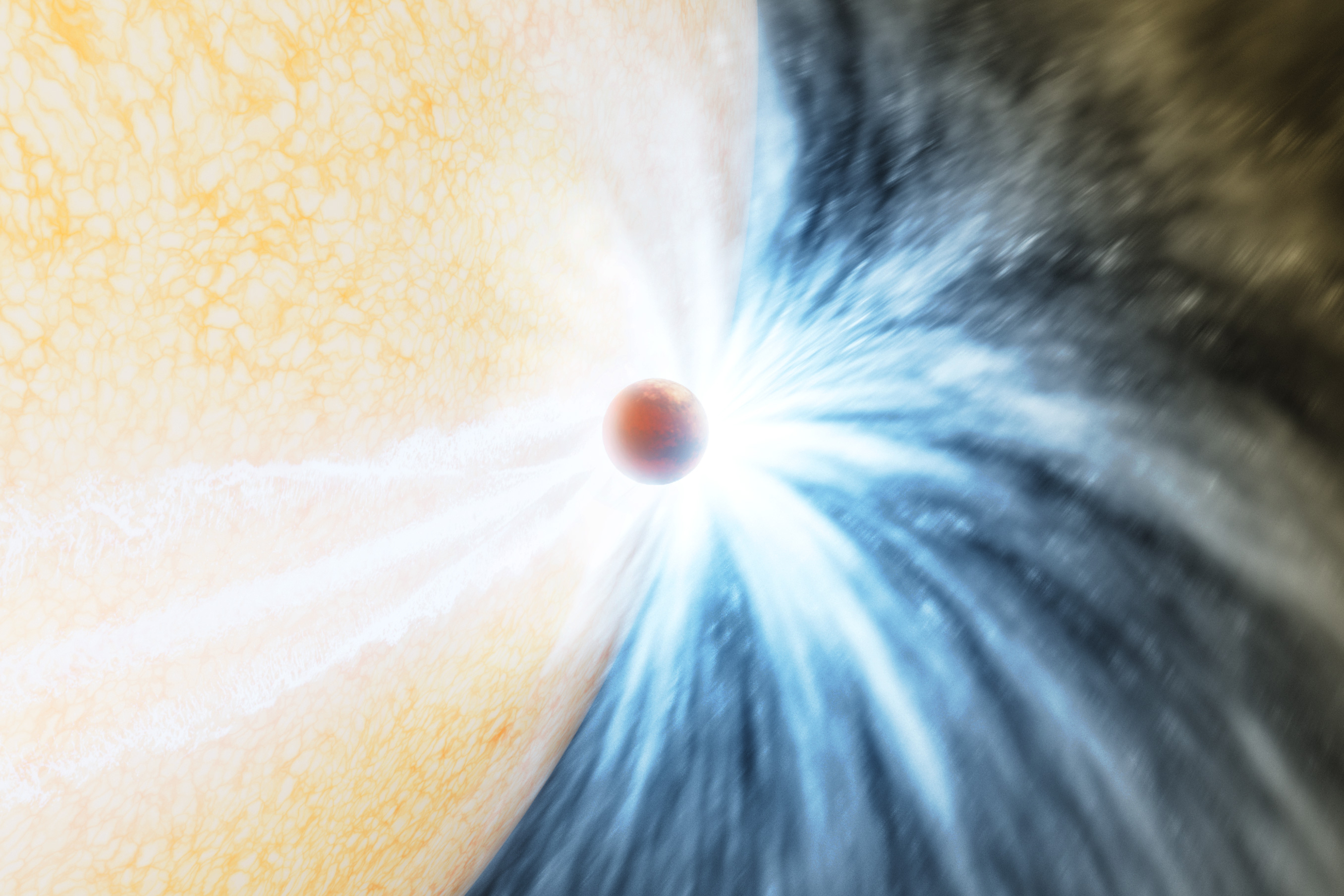A subtle symphony of ripples in spacetime – astronomers use dead stars to measure gravitational waves produced by ancient black holes
Astronomers have for the first time detected the background hum of gravitational waves likely caused by merging black holes.
Chris Impey, University Distinguished Professor of Astronomy, University of Arizona •
conversation
June 30, 2023 • ~9 min
June 30, 2023 • ~9 min
Brightest cosmic explosion of all time: how we may have solved the mystery of its puzzling persistence
Radiation from the brightest cosmic explosion ever seen may have been mixing with gas and dust around its dying star – making the signal last longer.
Hendrik Van Eerten, Reader in Astrophysics, University of Bath •
conversation
June 7, 2023 • ~6 min
June 7, 2023 • ~6 min
Gravitational wave detector LIGO is back online after 3 years of upgrades – how the world's most sensitive yardstick reveals secrets of the universe
Upgrades to the hardware and software of the advanced observatory should allow astrophysicists to detect much fainter gravitational waves than before.
Chad Hanna, Professor of Physics, Penn State •
conversation
May 22, 2023 • ~10 min
May 22, 2023 • ~10 min
Astronomers just saw a star eat a planet – an astrophysicist on the team explains the first-of-its-kind discovery
Stars begin to expand when they run out of fuel and can become thousands of times larger, consuming any planets in the way. For the first time, astronomers have witnessed one such event.
Morgan MacLeod, Postdoctoral Fellow in Theoretical Astrophysics, Harvard University •
conversation
May 10, 2023 • ~8 min
May 10, 2023 • ~8 min
/
27

